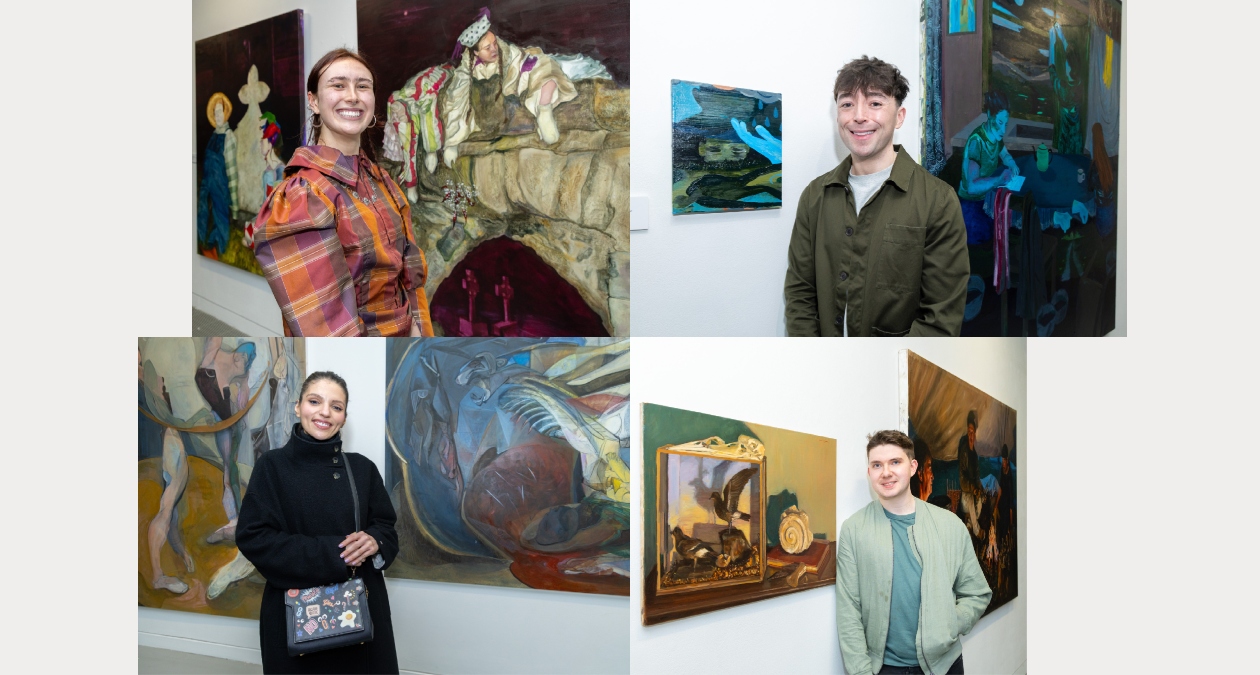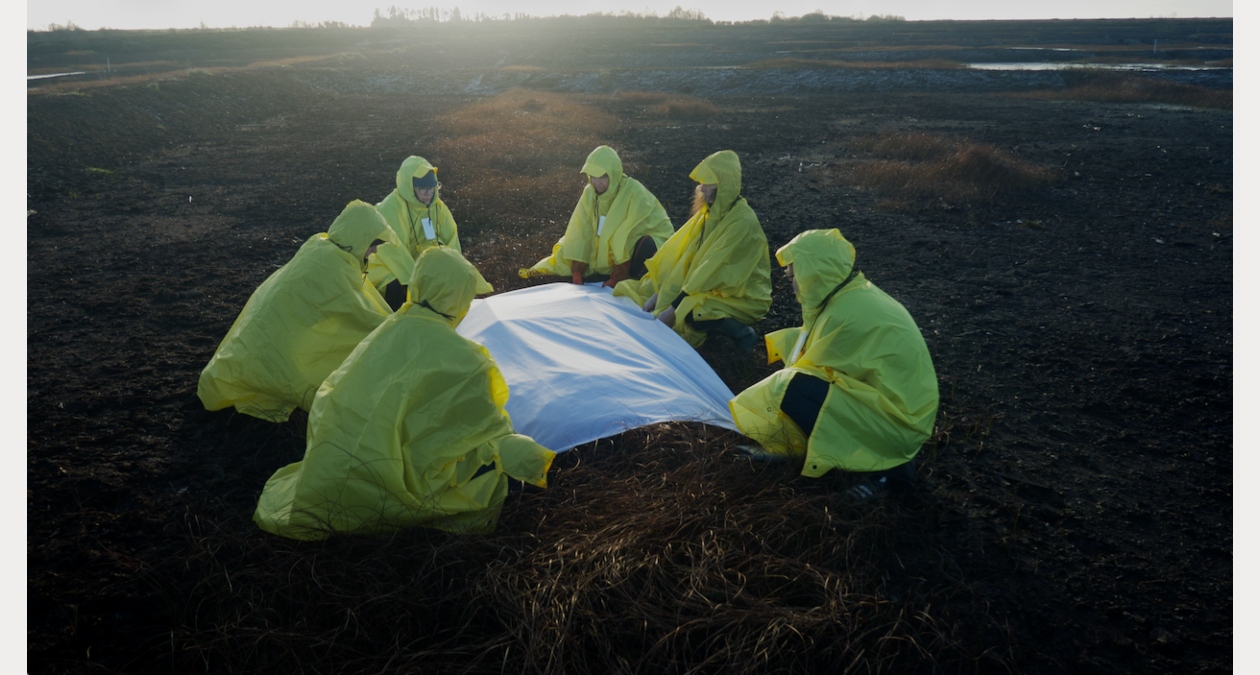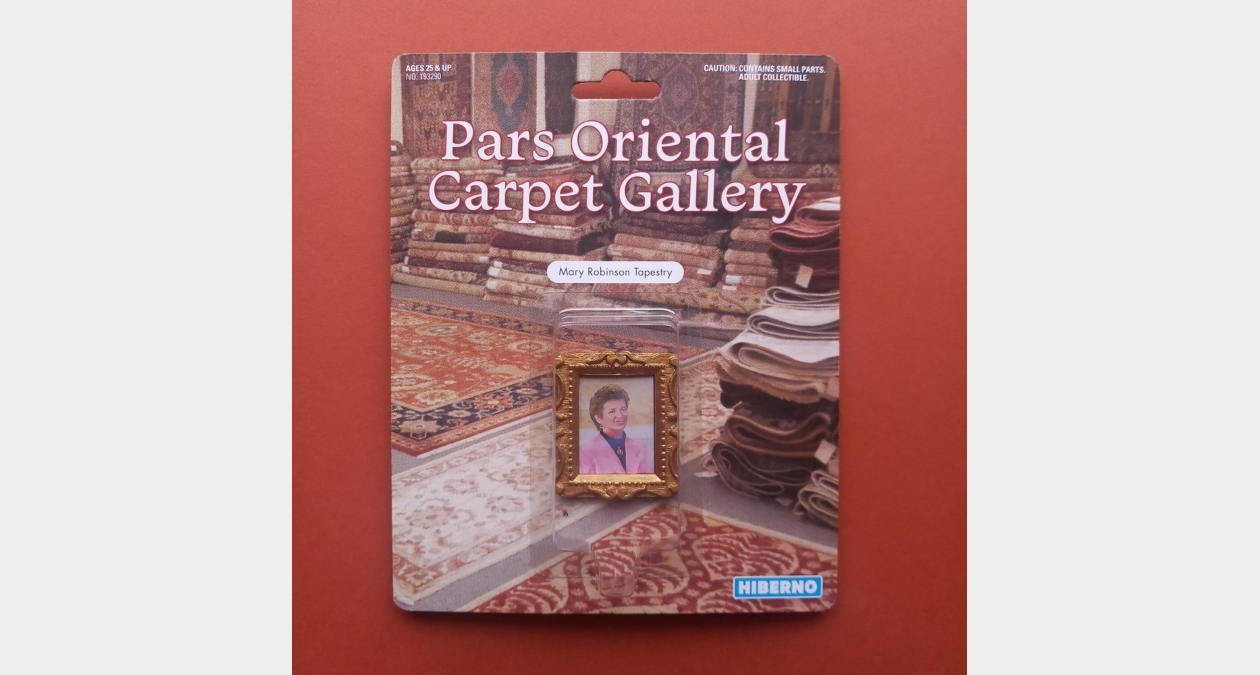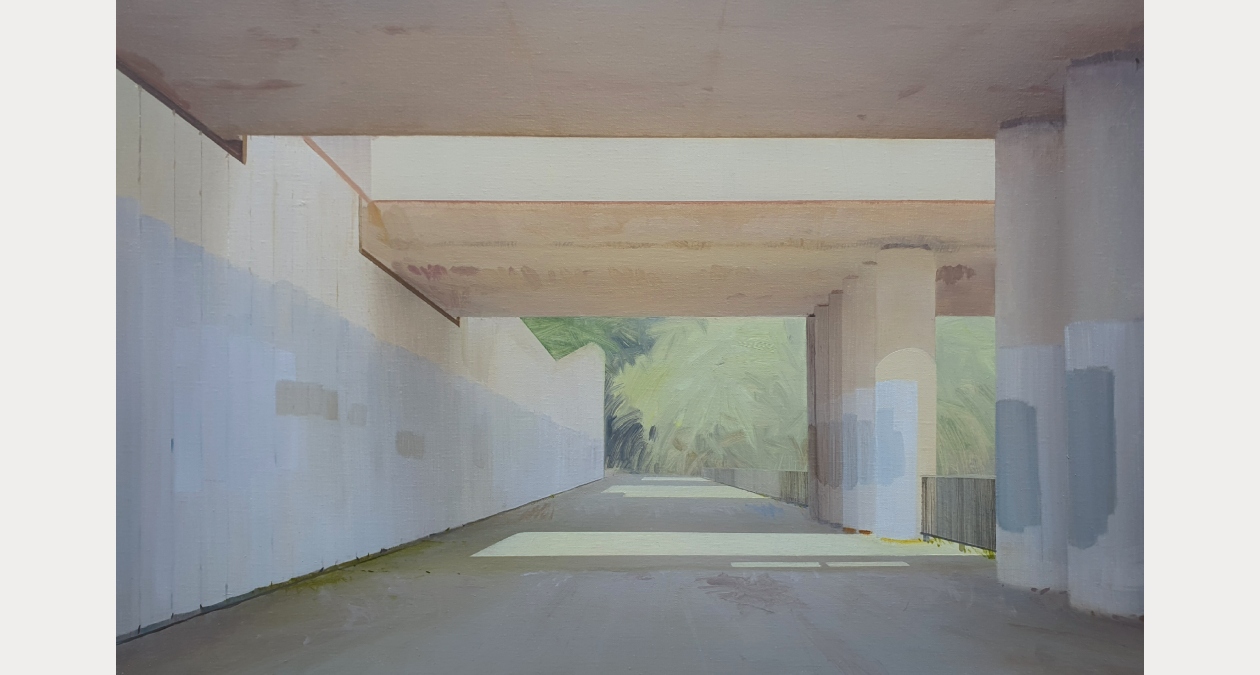Uchronia refers to a hypothetical or fictional time-period of our world, in contrast to altogether fictional lands or worlds. A concept similar to alternate history but different in the manner that uchronic times are not easily defined, sometimes reminiscent of a constructed world. The concept of Merry England is an example of uchronic myth. It refers to a poorly defined point after medieval England, mainly existing as a collective memory and nostalgia of a better past, although historically such a period never existed.
The word is a neologism from the word utopia (Greek u-topos, meaning “no-place”), replacing topos with chronos (time). It was coined by Charles Renouvier as the title of his 1876 novel, Uchronia, an Apocryphal Sketch of the Development of European Civilization Not as It Was But as It Might Have Been, from which, Stephen Dunne has titled this new body of work.
Dunne’s practice operates across the registers of painting, drawing, moving image and the investigation of speculative and theoretical fictions. Currently, his work stems from a playful approach at image making, beginning with inkblots and random chaotic marks made on paper which are subsequently manipulated into suggestions of various forms. Works are produced in a spontaneous manner and attempt to draw upon the unconscious as a source material.
Constellations of drawings are placed on the wall in response to both the space itself and to each other. The process of making, where each thing leads to the next through an experimental and intuitive approach is at the core of Dunne’s work. The subsequent work acts as a trigger for fragments of shared memory brought to the surface via a type of riffing on imagery, both familiar and drawn from narratives prevalent in popular culture.
Public Event
6 March, 5.30pm: Ashford in Conversation, Stephen Dunne with James Merrigan.



